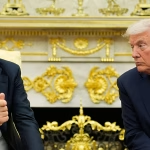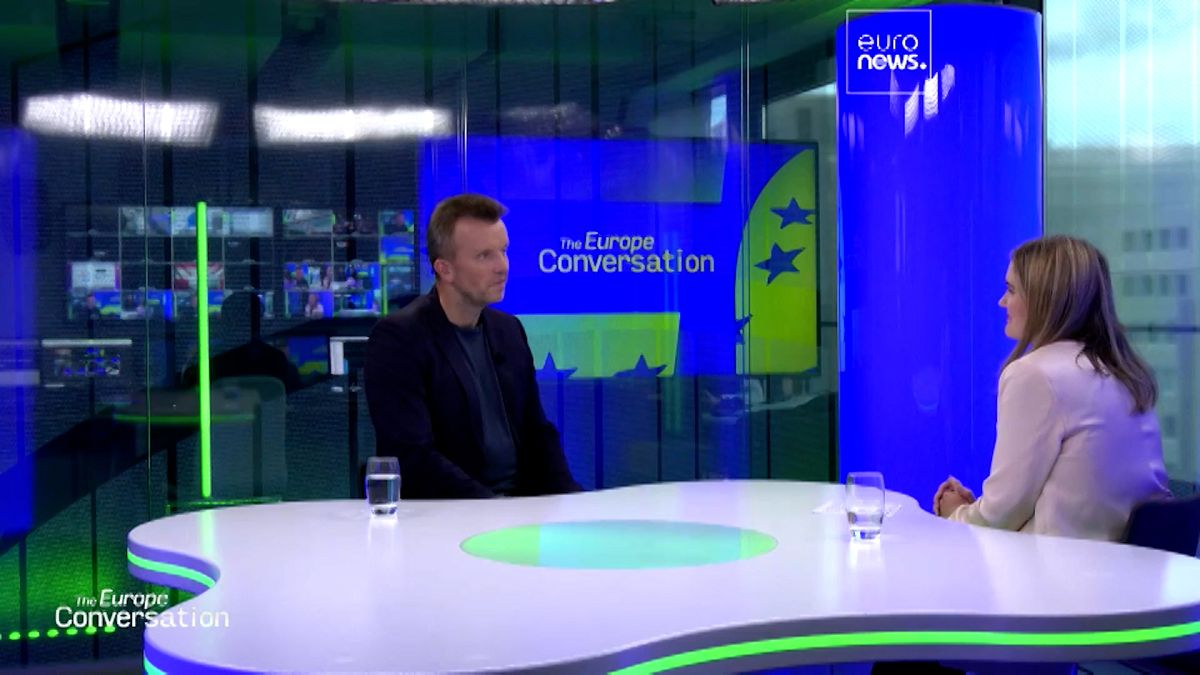The European Union is currently facing numerous challenges on various fronts, including conflicts in Ukraine and the Middle East, as well as uncertainty surrounding future relations with the United States. Jacob Kirkegaard, a Senior Fellow at the Bruegel think tank, has shared his insights on what the future may hold for the EU during these tumultuous times. Despite the EU’s aspirations to be seen as a geostrategic player, its lack of unity on issues such as Israel and Palestine exposes its limitations in terms of real influence, consequently risking credibility with partners in the Global South.
Kirkegaard highlighted the perceived hypocrisy of the EU’s defense of international law in the Ukraine conflict while seemingly ignoring the humanitarian crisis in Gaza. He emphasized the significance of the conflict in Ukraine as a major threat to European military security, potentially the most significant since World War II. As Ukraine faces ongoing attacks by Russia on its energy sources and with winter approaching, Kirkegaard expressed optimism about Ukraine’s potential future within the EU by 2030, despite the challenges it currently faces.
The war in Ukraine has entered its third year, with concerns about the upcoming US presidential election and domestic politics in various European countries. However, Kirkegaard noted that apart from a few exceptions, the majority of EU countries stand firmly behind Ukraine. Ukrainian President Volodymyr Zelenskyy has presented a “victory plan” to Kyiv’s close partners and NATO allies, which includes offensive strategies involving Western weapons targeting military operations inside Russia. Although initial responses have not been as expected, there is anticipation for a more concrete reaction in the coming weeks.
Zelenskyy’s efforts have been met with mixed responses, as some European governments have supported Ukraine with military resources, such as F-16s and long-range missiles. The growth of Ukraine’s domestic military-industrial complex has enabled the country to enhance its military capabilities, allowing for accurate long-range drone strikes on Russian ammunition depots and energy storage facilities, diminishing the need for permission from Western allies. This shift indicates a potential change in Ukraine’s strategic approach to the conflict.
As the EU navigates through these challenging times, it is imperative for Brussels to address its internal divisions and work towards presenting a united front on global issues. Kirkegaard’s insights shed light on the complexities and implications of the conflicts in Ukraine and the Middle East, emphasizing the importance of solidarity among EU member states. By actively engaging with partners in the Global South and consistently upholding international law, the EU can strengthen its position as a key player in global affairs and navigate through the uncertainties of the current geopolitical landscape.











